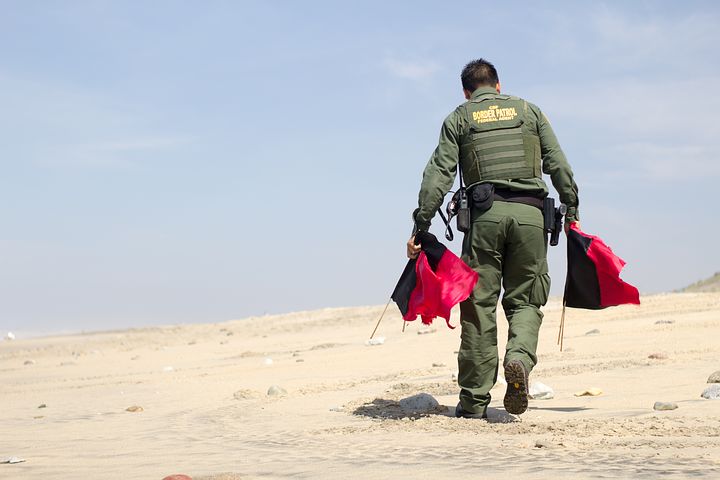On June 15, the Trump administration proposed amendments to the regulations governing asylum that would so narrow the definition of what counts as “persecution” that nearly no one would qualify for asylum in the United States. The proposed change would effectively eliminate protection for most of the migrants seeking asylum at our southern border, undermining our country’s commitment to uphold the fundamental human right to seek refuge.
As a volunteer helping asylum-seekers prepare for credible fear interviews at an immigration detention facility last December in Texas, I witnessed firsthand the inhumane effects of the Trump administration’s ongoing efforts to restrict the eligibility of those applying for asylum. Many of my clients — vulnerable mothers and children fleeing for their lives — were denied refuge and deported back to their violent home countries on the basis of discretionary application of restrictive interpretations of the law very similar to the proposed new regulations. As inhumane, arbitrary, difficult and unfair as it was to obtain asylum at the time, the recently proposed regulations would only worsen chances for asylum-seekers by codifying many of the excessively narrow interpretations of law that had prevented so many of my clients from being protected.
By denying protection to anyone with a claim based on so-called “private criminal acts,” such as domestic violence and gang-inflicted terror on innocent civilians, the proposed regulation promises to be a near death sentence for women fleeing extreme violence and for families seeking refuge from gang-controlled areas of El Salvador, Honduras and Guatemala, where the government is often unable or unwilling to put a stop to death threats, extortion, homicide and sexual violence; gang warfare and violence have turned parts of Central America into some of the most dangerous places on earth.
When I think about the consequences of these regulations, I consider them through the eyes of clients I interviewed and supported in detention during my time in Texas. One mother, who passed her credible fear interview based on the violence she and her child had suffered at the hands of gangs, would no longer qualify for asylum under the new regulation. I remember interviewing her while she held her three-year-old daughter, and spoke to me through tears, recounting the harrowing details of the trauma they endured in a gang-controlled territory in Guatemala: “The gang members held my husband at gunpoint and asked for money, but we couldn’t pay it, so they shot my husband twenty times, and then raped me and threatened to kill me and my daughter if they found us again without the money they wanted…”
Another mother I worked with made numerous attempts to escape her abusive husband who had attempted to kill her and abuse her four-year-old daughter. After multiple restraining orders, which were never carried out by police who had dismissed her pleas for protection and multiple attempts to flee across Mexico, she fled to the United States only to be denied asylum and deported based on an immigration judge’s narrow interpretation of the law, in line with the more draconian approach reflected in the proposed regulations. I could barely meet her gaze as she received this terrifying news, so distressed and ashamed was I that my country’s government was unwilling to protect her basic human rights.
It is imperative that we speak out against these cruel and unjust regulations. If you believe the United States should uphold a commitment to human rights by offering refuge to those fleeing from persecution, consider filing a comment objecting to the proposed rules before July 15 to delay the final rule from entering into force, and provide support for legal challenges to the proposed regulations.
Contact Claire Hillier at hillierc ‘at’ stanford.edu.
The Daily is committed to publishing a diversity of op-eds and letters to the editor. We’d love to hear your thoughts. Email letters to the editor to eic ‘at’ stanforddaily.com and op-ed submissions to opinions ‘at’ stanforddaily.com.
Follow The Daily on Facebook, Twitter and Instagram.
